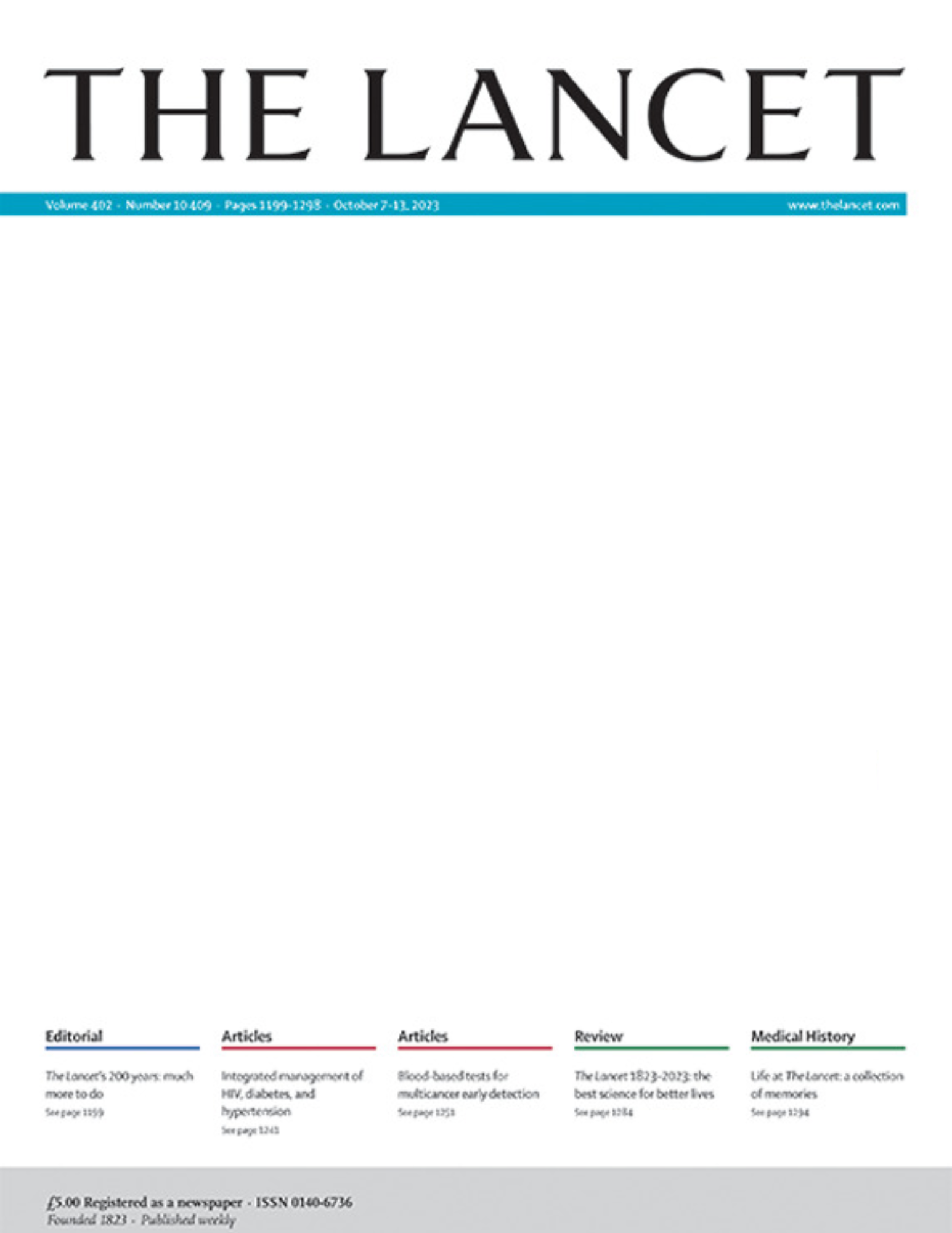
Long-term mortality unchanged by liberal blood transfusions in older hip surgery patients

Long-term mortality unchanged by liberal blood transfusions in older hip surgery patients
Liberal versus restrictive blood transfusion strategy: 3-year survival and cause of death results from the FOCUS randomised controlled trial
Lancet. 2014 Dec 9. pii: S0140-6736(14)62286-8.Did you know you're eligible to earn 0.5 CME credits for reading this report? Click Here
Synopsis
Two thousand and sixteen patients over the age of 50 undergoing hip fracture surgery at 47 different hospitals in the United States of America and Canada were randomized to receive either liberal blood transfusions, to maintain hemoglobin level at or above 100g/L, or restrictive blood transfusions, for patients with symptoms of anemia or if hemoglobin levels were below 80g/L. Mortality rates and c...
To view the full content, login to your account,
or start your 30-day FREE Trial today.
FREE TRIAL
LOGIN
Forgot Password?
Explore some of our unlocked ACE Reports below!

Learn about our AI Driven
High Impact Search Feature
Our AI driven High Impact metric calculates the impact an article will have by considering both the publishing journal and the content of the article itself. Built using the latest advances in natural language processing, OE High Impact predicts an article’s future number of citations better than impact factor alone.
Continue



 LOGIN
LOGIN

Join the Conversation
Please Login or Join to leave comments.